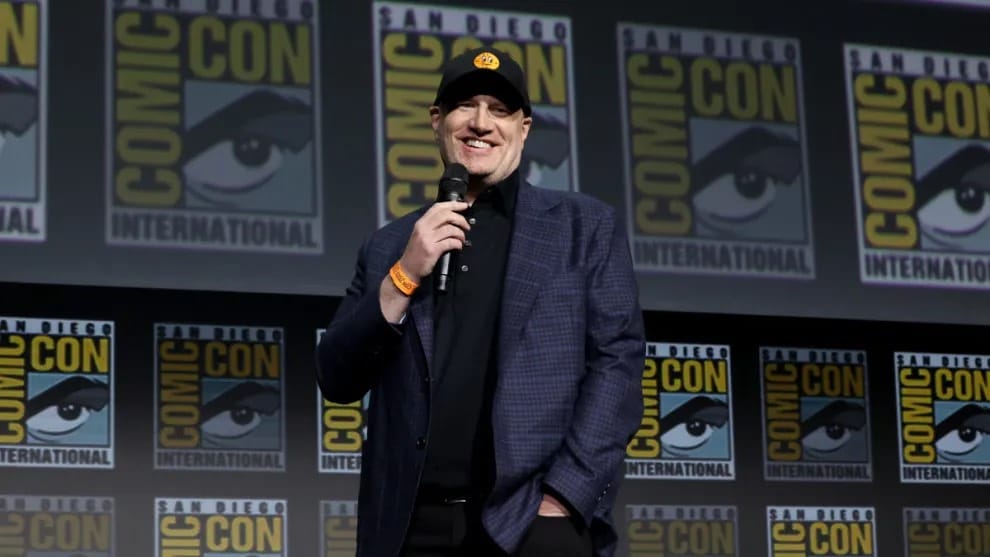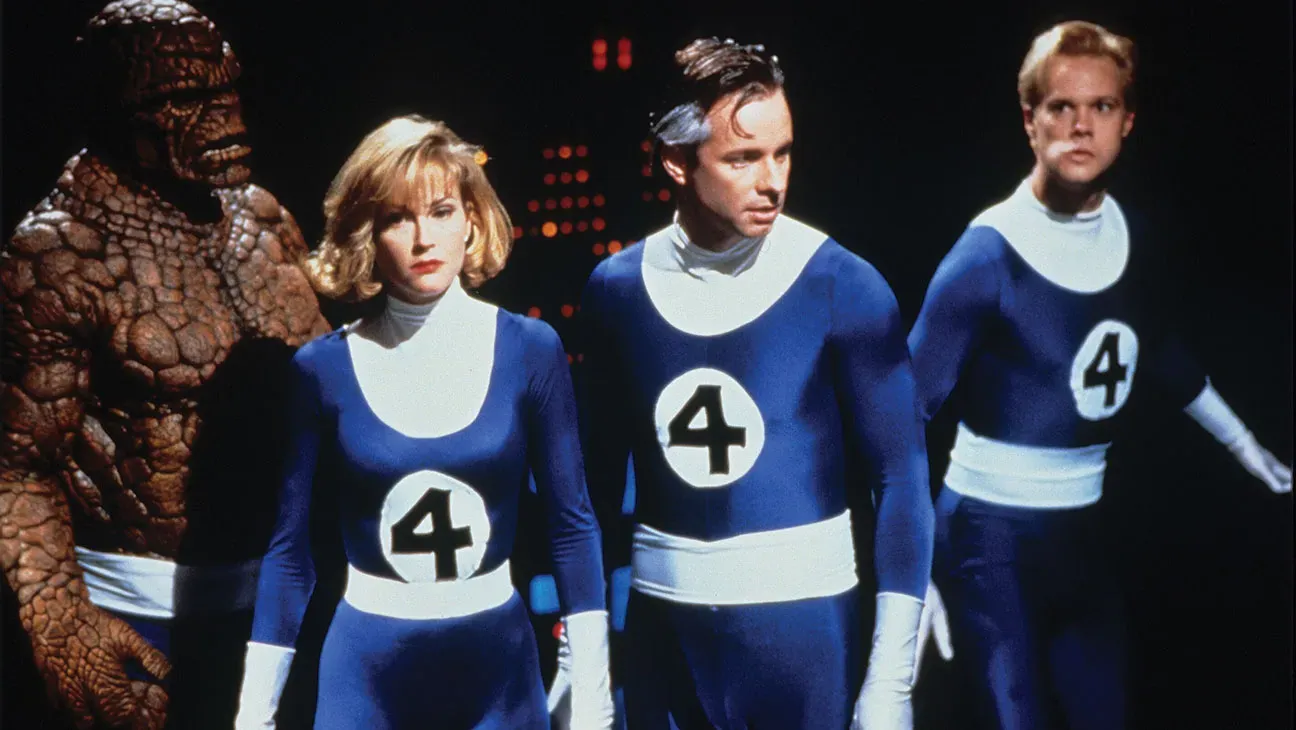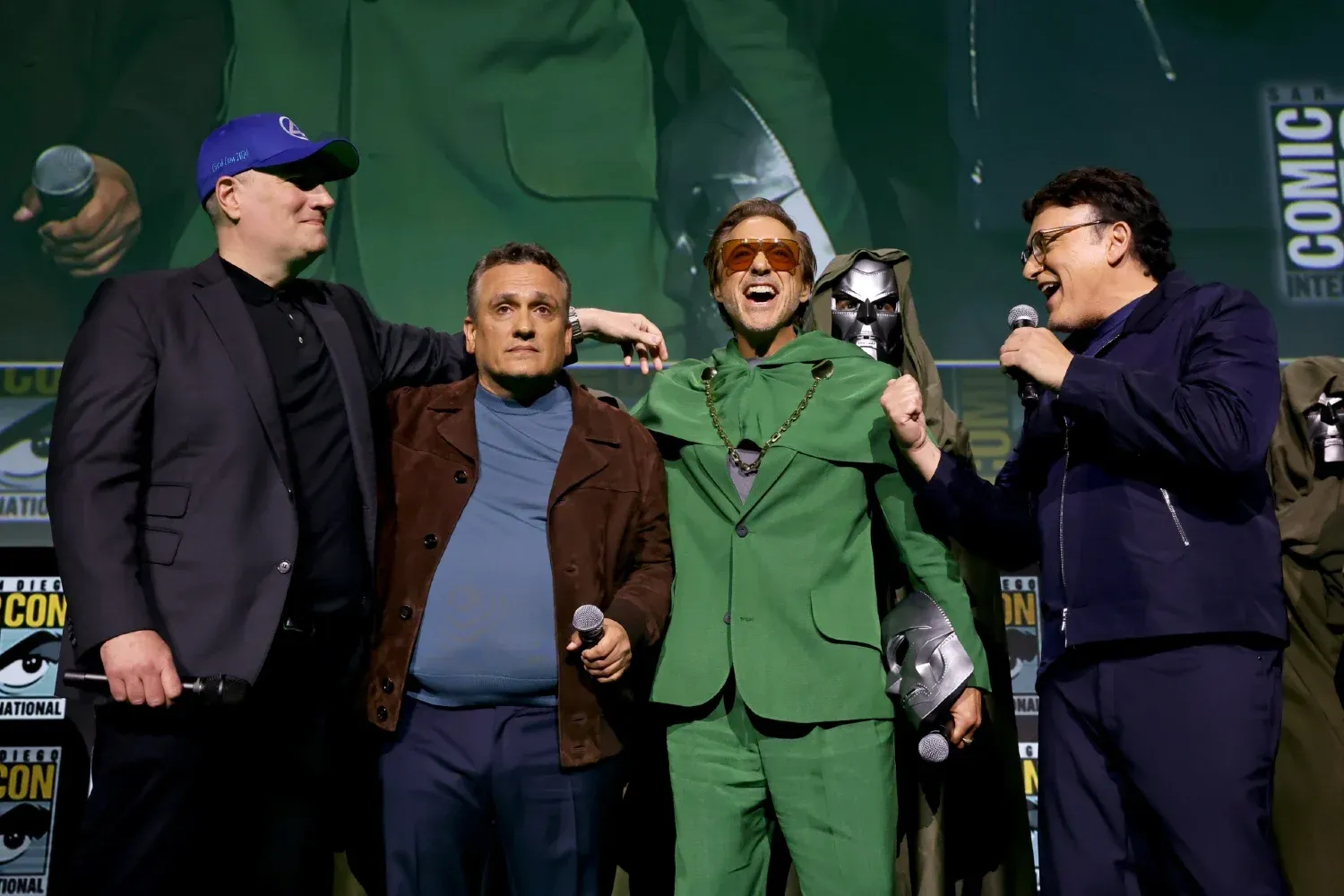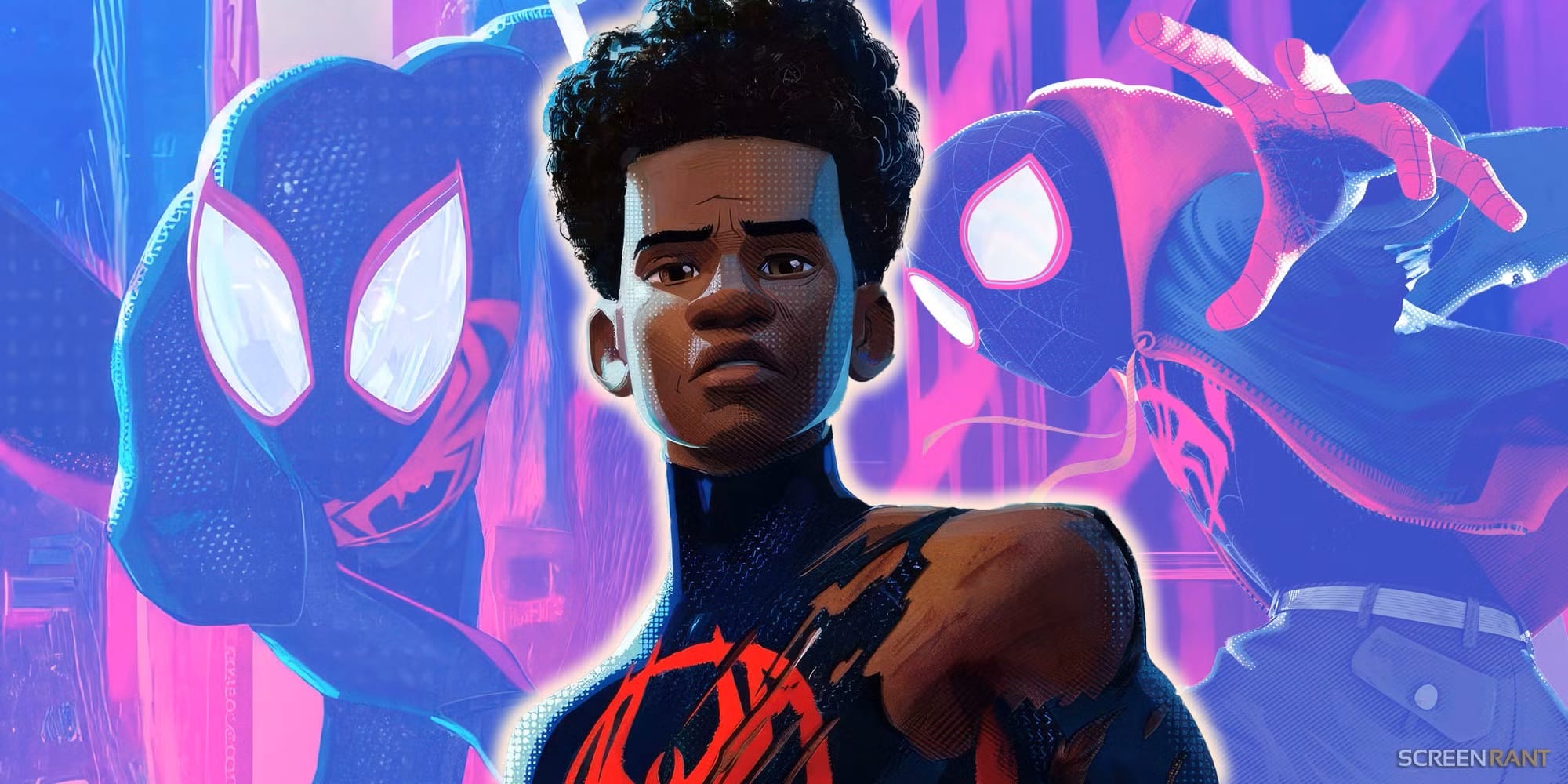Kevin Feige Speaks: Marvel's Mastermind Breaks Silence on the Future of the MCU

In a rare and wide-ranging conversation, Marvel Studios President Kevin Feige finally addressed the seismic shifts happening across the Marvel Cinematic Universe. Speaking ahead of the release of Fantastic Four: First Steps, Feige opened up about the studio's self-acknowledged missteps, a new era of storytelling, and what’s in store for some of Marvel's most iconic and long-awaited characters. From the decline in audience engagement to the hopeful rise of characters like Blade and Doctor Doom, Feige's comments mark a pivotal moment in the MCU’s journey.
“It’s the expansion that devalued it all,”
Feige admitted, pointing to the oversaturation of content post-Endgame as a major turning point for the franchise. This is the Marvel mastermind like you've never heard him before candid, calculated, and committed to course correction.
The Post-Endgame Problem: Overload and Fatigue
Between 2008 and 2019, the MCU delivered about 50 hours of tightly connected content. Post-Endgame, that number skyrocketed to over 127 hours with the inclusion of Disney+ shows, animated spin-offs, and streaming-exclusive stories. Feige acknowledged that this glut of content, however innovative, diluted the MCU brand. While fan favorites like WandaVision and Loki brought novelty, they were exceptions in a sea of “too much.”
The key lesson? “That’s too much,” Feige said, emphasizing how excessive output hindered audience connection. He characterized the post-Endgame strategy as a period of “experimentation, evolution, and unfortunately, expansion” a mix that resulted in diminishing returns.
Scaling Back to Soar Higher: Marvel's New Strategy
Feige revealed a significant pivot: Marvel will now prioritize quality over quantity. Upcoming phases will drastically reduce output:
- Some years will feature only one theatrical film.
- Others may offer just a single TV series or none at all.
- Production budgets are being trimmed by up to 30% compared to previous years.
This move ensures that only the most compelling stories get told. “People have been asking for Ms. Marvel for years,” said Feige. “Now we can do it? Do it!” But moving forward, every project must carry narrative weight and purpose.

Fantastic Four: Back to Basics, with a Twist
One of Marvel’s most anticipated reboots, Fantastic Four: First Steps, will be completely self-contained, avoiding unnecessary crossovers or timeline entanglements. The film is set in the 1960s with a retro-futuristic aesthetic and stars Pedro Pascal, Vanessa Kirby, Joseph Quinn, and Ebon Moss-Bachrach.
Fans needn’t worry about fitting this film into complex MCU lore—this story is standalone.
“We didn’t want to say, ‘They were hiding over here,’” Feige explained. “They’re in their own world.”

Goodbye Kang, Hello Doctor Doom
Without naming Jonathan Majors, Feige confirmed the MCU had already begun to move away from Kang as the central antagonist, even before the off-screen controversies.
“We realized Kang wasn’t big enough,” he said. “There was only one character who could be: Doctor Doom.”
This pivot became possible after Marvel reacquired rights via the Fox merger. The shift also involves star power Feige revealed that even Robert Downey Jr. was looped into early discussions about the Doctor Doom storyline. It’s a villainous arc that could anchor the next decade of Marvel storytelling.
Thunderbolts*: A Good Film with Bad Timing
Feige remains proud of Thunderbolts, calling it “very, very good,” but admits it suffered from Marvel's scattered character introductions.
“People were like, ‘I know her... but who are these other two?’”
he said, referencing The Marvels as another project where unfamiliarity hurt the box office.
Lesson learned: future projects will ensure audiences are properly introduced to characters before they’re thrust into ensemble casts. Expect Marvel to rebuild familiarity and clarity going forward.
Blade: Still Alive, Still Kicking
Despite years of development woes, Blade is still happening. Feige confirmed Mahershala Ali is still attached to play the half-human vampire hunter. The script has gone through four versions, split between Prohibition-era and modern-day settings. The current iteration? Modern.
“There was a version set in Prohibition,” Feige joked. “Ryan Coogler needed costumes for 'Sinners' and we said, ‘Take them!’” The levity hints at a chaotic yet collaborative process a hallmark of Marvel’s creative engine.

Miles Morales? Not So Fast
Don’t expect a live-action Miles Morales anytime soon. Feige revealed that Sony asked Marvel to hold off until their animated Spider-Verse franchise concludes. That means fans may have to wait years to see the beloved web-slinger swing into the mainline MCU.
Mature Marvel: R-Rated Stories Are Here
Feige embraced the MCU’s expanding tone palette. From the dark humor of Deadpool & Wolverine to the TV-MA-rated Punisher, Marvel is leaning into mature themes. However, he noted that these characters will “tone down” when appearing in broader, more PG-friendly ensemble films.
“Green Goblin can kill Aunt May and build snowmen in a kid’s show,” Feige said. “We balance it.”
Marvel has long been known for beginning production with fluid scripts a method dubbed “plus-ing.” While some studios lock scripts ahead of filming, Feige trusts his teams to iterate throughout. “There’s plus-ing happening every day on the Avengers: Doomsday set,” he said, praising the dynamic creativity of Marvel’s crews.
Is Kevin Feige Stepping Away?
Not anytime soon. Feige confirmed he has “less than two years” remaining on his current contract but expressed zero interest in retirement. “Do I want to make big movies for big audiences in 10 years? Yes, that’s all I want to do.” Whether it’s at Marvel or elsewhere, storytelling is in his DNA.
Marvel’s admission of past flaws and its new direction signal a rebirth. With Fantastic Four charting its own path, Doctor Doom poised to dominate, and a tighter, more thoughtful output strategy, the next phase of the MCU might just live up to the legacy it once defined.

